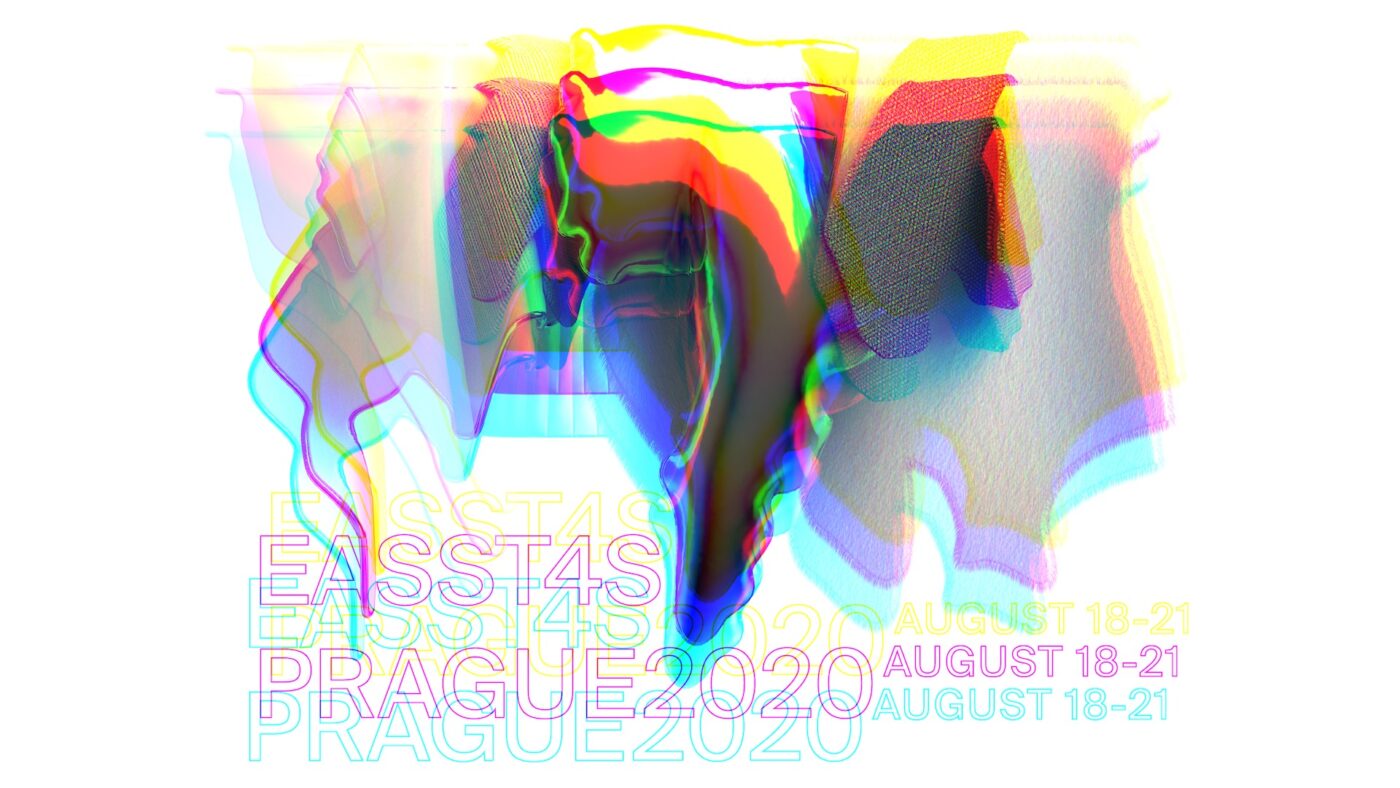
The MapUKHE team was at the EASST/4S (European Association for the Study of Science and Technology/Social Studies of Science) conference from 18-21 August 2020. The theme of the 2020 conference was ‘Locating and Timing Matters: Significance and Agency of STS in Emerging Worlds’. It was supposed to take place in Prague but was moved online as a result of the COVID-19 pandemic. The team presented a paper as part of the panel entitled ‘Locating and Timing Governance in STS and Universities III: Challenges in University Knowledge Making’, organised by Knut H. Sørensen at NTNU Norwegian University of Science and Technology and Sharon Traweek at UCLA. The description of the panel is below:
For generations universities have been institutions of higher education and research. Now they are expected to contribute to local and global economies by commercialising research and spurring innovation, while addressing grand social challenges like climate mitigation and social disparities. They also must engage successfully in mass higher education and outreach with a variety of publics. This means that universities now occupy a strategic place in re/shaping society by circulating research and knowledge through teaching and professional expertise. Meanwhile universities have become subject to increased auditing practices and austerity policies, locally and globally. Universities turn to experts in branding and commodification for strategies in defining and representing their work as successful. STS provides resources for understanding such dis/continuities in the making and circulation of knowledge while the study of universities in dynamic ecologies is vital to addressing unexamined assumptions in STS about the relationship between research, teaching, and society, as well as the governance of that relationship.
You can view a video of our presentation, ‘Mapping and Diagnosing Mental Health in/and the UK University Sector’, created and narrated by Dimitra Kotouza below (contains English closed captions):
Abstract
In recent years, we have witnessed radical changes in the UK university sector: tuition fees increased to £9,250 per year; higher education turned into a metricised marketplace of qualifications; rapid institutional expansion made possible through unprecedented levels of borrowing. At the same time, the mental health and well-being of staff and students are reported to have rapidly deteriorated. Three strikes have taken place within the last 24 months over pay, pension, casualisation, stress and working conditions—74 UK universities are participating in a 14-day walkout in February/March 2020. There have been few attempts, however, to develop methods to investigate the relationship between the transformation of UK universities and mental health. In our Wellcome-funded project, we are producing the first systems/network analysis to map actors and organisations with significant influence on the well-being in/of UK higher education. The network, assembled using a Neo4J graphic database, allows structures of power and conflicts of interest to be tracked longitudinally and visualised. In tandem, we collectively assess policies and documents surrounding staff and student mental health, which are supported and promoted by lobby groups such as Universities UK and regulators such as Office for Students. Where do they locate causes of mental ill-health and poor well-being? Which approaches and interventions (e.g. whole system; mindfulness; peer-to-peer apps) are being used to ameliorate the situation? Which private businesses are being contracted to deliver them, and how are they connected with university management? Our paper combines methods and insights from STS, Psychosocial Studies, and Critical University Studies.